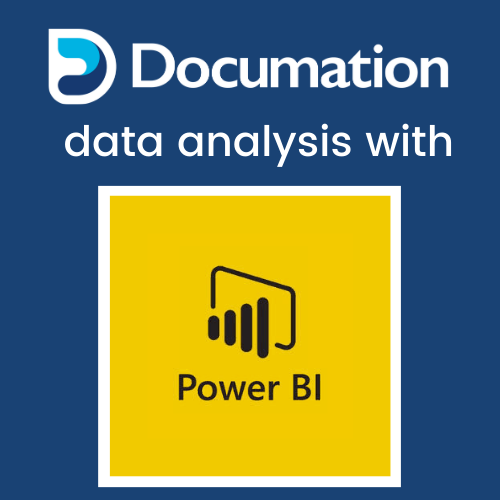In the fast-paced and data-driven business landscape, CFOs play a pivotal role in steering the financial health of an organisation. As the custodians of financial data, CFOs are constantly seeking innovative tools to streamline processes, gain deeper insights, and make informed decisions. In recent years, Power BI has emerged as the CFO’s new best friend, revolutionising the way financial data is analysed, visualised, and utilised for strategic decision-making.
Finance process automation solutions often have embedded reporting functionality, many offering Power BI as part of their solution. Having this tool available across the finance department‘s automation solutions gives the CFO a bird’s eye view of an organisation’s financial performance and enables a proactive approach to decision making. With a user-friendly interface, CFOs can effortlessly create interactive dashboards that provide a comprehensive view of key financial metrics from revenue trends to cost analyses. Power BI has a composite of reports from various other content, together with some actual and budget balances from General ledger giving the chief financial officer (CFO) an overview of the organisation, prebuilt ready for use.
Predictive Analytics:
Anticipating future trends and making proactive decisions is a critical aspect of financial leadership. Power BI’s predictive analytics capabilities enable CFOs to forecast financial outcomes based on historical data and various influencing factors. By leveraging predictive modelling, particularly in the supply chain and accounts payable areas, CFOs can anticipate potential challenges and opportunities, allowing for strategic planning and risk mitigation.
Cost Management and Efficiency:
Controlling costs is a perennial concern for CFOs. Power BI offers detailed insights into expenditure patterns, helping CFOs identify areas for cost optimisation and efficiency improvement. The ability to drill down into specific cost categories and analyse trends empowers CFOs to make data-driven decisions that positively impact the bottom line. Having a finance automation solution with built in Power Bi reporting modules enables finance teams to report in real time on invoices outstanding, GRNI, and predicted purchase requirements based on historical and current data. These reports and dashboards can be collaboratively shared with stakeholders fostering transparency, aligning teams around common goals, and ensuring that everyone is working with the same accurate and up-to-date financial information.

Adaptability and Scalability:
The business environment is constantly evolving, and CFOs need tools that can adapt to change. Power BI is highly adaptable, allowing CFOs to customise reports and dashboards to meet evolving business requirements. Moreover, as the organisation grows, Power BI’s scalability ensures that it can handle increasing volumes of data without compromising performance.
Security and Compliance:
In the realm of finance, data security and compliance are non-negotiable. Power BI prioritises data security with robust features such as role-based access control and encryption. This ensures that sensitive financial information is protected, and organisations can adhere to regulatory requirements without compromise. Government mandated reporting such as Prompt Payment reports can templated and scheduled to run saving the AP team hours of work on a monthly basis. KPI reporting based on GRNI, Supplier Queries, Duplicates, and other bottlenecks can be scheduled by the AP team for streamlining their process and identifying areas for improvement and further automation.
Conclusion:
In the digital era, the role of a CFO goes beyond number-crunching; it requires strategic thinking, agility, and the ability to harness the power of data. Power BI has emerged as an indispensable tool for CFOs, offering a comprehensive suite of features that not only streamline financial processes but also empower CFOs to make more informed, timely, and strategic decisions. As the CFO’s new best friend, Power BI is not only a catalyst for financial transformation, driving efficiency, collaboration, but has become an essential part of the ‘finance team’, ultimately contributing to the overall success of the organisation.
For more information on the Power B~I module for Documation solutions – get in touch!





